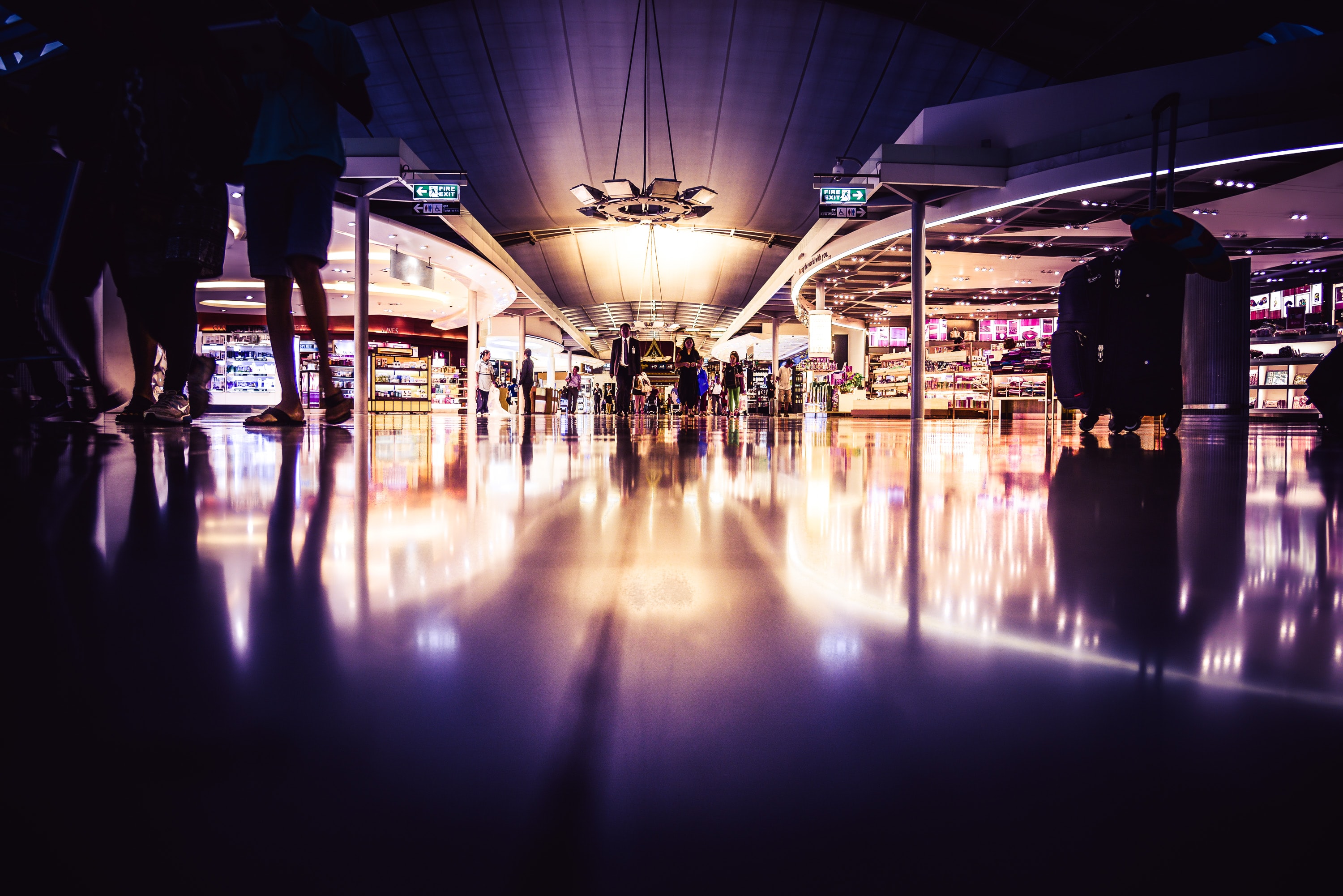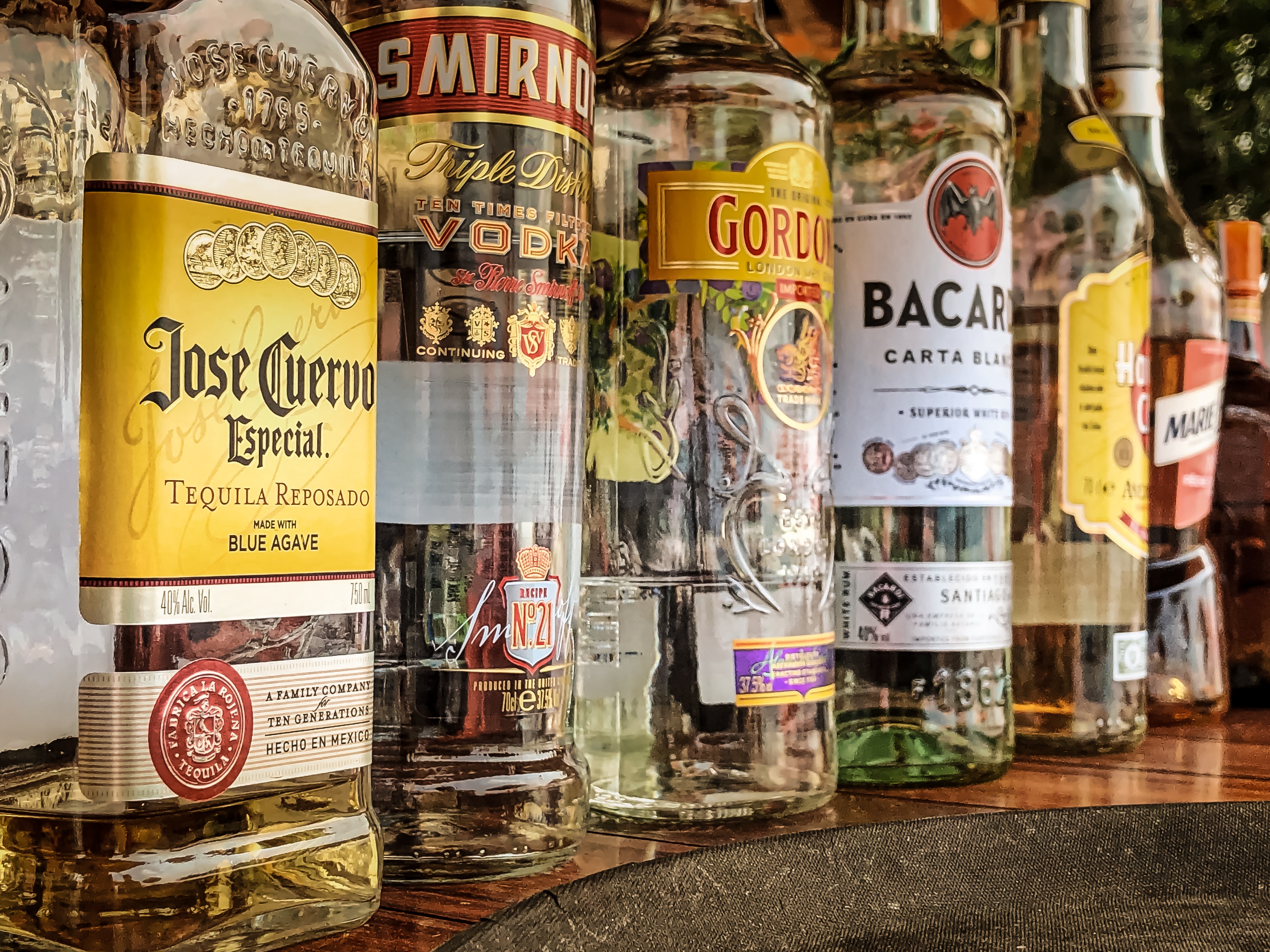
Customs allowances for all EU countries are generally the same. However, some countries may have their own additional restrictions and nuances. Rules for the import of certain categories of goods, such as medicines, products of animal and vegetable origin, are very confusing and often change. We have tried to deal with the question in detail. From this article you will find out how much alcohol and tobacco products can be imported into European countries, which goods can be imported without restrictions and which ones are limited. Planning your trip abroad, read the rules for importing goods into European countries 2022. It will help you to avoid trouble at customs.

How much alcohol can be imported into European countries
- From EU countries:
- 10 litres of alcoholic beverages over 22%;
- 20 litres of alcoholic beverages less than 22%;
- 90 litres of wine (no more than 60 litres of sparkling wine);
- 110 litres of beer.
- From non-EU countries:
- 1 litre of alcoholic beverages (more than 22%);
- 2 litres of spirits or aperitifs made from wine or similar drinks (less than 22%) or sparkling or liquor products;
- 4 litres of wine;
- 16 litres of beer.
Passengers under 18 years are not allowed to import alcohol and tobacco items!
Rules for the import of goods for personal use
It is allowed to import goods for personal use and gifts, the total value of which does not exceed (per passenger):
- 300 euro - if the traveler enters by land;
- 430 euro - if the traveler enters by air or sea;
- 285 euro - for children under the age of 15, regardless of the method of their entry.
The total value does not include:
- the value of personal luggage imported by the traveler temporarily or brought back after temporary export;
- the value of medicines necessary for the personal needs of the traveler;
- tobacco items, alcoholic beverages and fuels carried in personal baggage, considering certain quantity restrictions.
Personal baggage is considered to be baggage consisting of goods purchased in a third country that are intended only for the personal use of the traveler or his family, or for gifts, if the type and quantity of these goods indicate that they are imported for non-commercial purposes. Personal baggage does not include the traveler's own clothing, cosmetics and other items being already used by him.
Rules for the import of money
Passengers can carry with them up to 10,000 euros in the equivalent currency. If the amount of money exceeds the specified limit, it is must be declared.
Import of fuel
Fuel in a standard gas tank of a motor vehicle is not taxed. Fuel in portable canisters up to 10 liters is allowed to be imported without paying duties.
Import of foodstuffs
- Import of meat and meat-containing products is strictly forbidden.
- Fish and fish products - up to 20 kg.
- Seafood (shrimp, mussels, oysters, lobsters, caviar, except for sturgeon caviar, etc.) - up to 2 kg.
- Sturgeon caviar - up to 125 gr.
- Import of milk and dairy products is strictly forbidden.
Exceptions:
- Bread, pies and other pastries, muffins and biscuits, waffles, crackers, if the product contains no more than 20% of milk and eggs.
- Chocolate, cakes, pastries and other similar desserts, if the product contains no more than 50% of milk and eggs in its composition.
- Pasta, if the product contains no more than 20% of milk and eggs.
- Eggs, honey and bee products - up to 2 kg.
Import of vegetables, fruits and other plant products
It is forbidden to import:
- potato
- seeds and any planting material
- soil
Any vegetable or fruit at any time can be banned for import into all EU countries if any new plant disease is detected.
EU countries have the right to introduce their own additional restrictions!
Import of pets
Cats, dogs and ferrets are allowed to be imported provided these conditions:
- a pet has a microchip;
- all required vaccinations, including against rabies, have been done;
- availability of a certificate of the level of antibodies against rabies;
- the presence of an international passport that corresponds to the standards established in EU.
Rabbits, guinea pigs and hamsters can be imported without additional procedures
Import of medicines
Tourists are allowed to import supply of prescription drugs for 30-90 days, if they do not contain banned substances.
Products prohibited for importation:
- weapons and ammunition;
- drugs;
- fakes and counterfeits;
- pirated products;
- erotic and pornographic materials;
- species of animals and plants whose destruction threatens the natural balance.
Which of two customs corridors should be chosen?
If it is possible to choose a customs corridor at the checkpoint, the passenger should:
- Choose the green corridor if there are no goods in his luggage that must be declared;
- Choose the red corridor if there some goods that must be declared in the following cases:
- the value of these goods exceeds the duty-free limit;
- the quantity of these goods exceeds the duty-free limit;
- these goods require a special permission for importing.
If you are not sure whether the goods in your luggage need to be declared, you should choose the red corridor!
At the checkpoint without customs corridors, the passenger should apply for declaring the goods or presenting a special permit to a customs officer.
We recommend contacting the Ministry of Foreign Affairs or a transport company in advance before traveling to learn more information about customs regulations for tourists in Europe 2022 and in particulare country you are going to.
Keep useful tips for traveling to EU countries. On our website you can read not only the rules for importing goods into European countries 2022, but also the customs regulations of many other countries around the world. It will help you to prepare for your trip informing what goods can be imported to the place of your destination without restrictions.